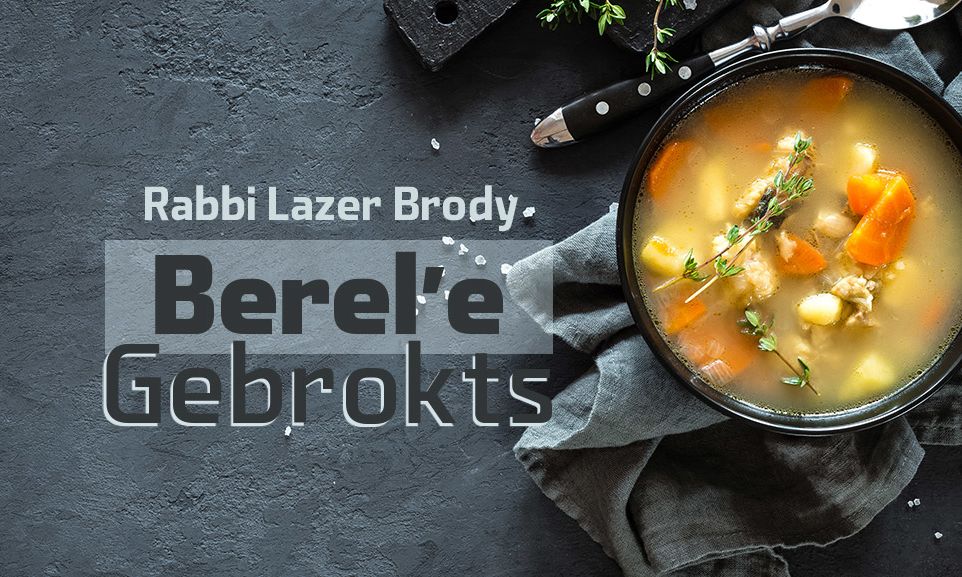
Berel’e Gebrokts
Many people love making outer displays of their piety, but the great tzaddikim preferred to protect a fellow human's dignity, even at the cost of compromising on a Pesach stringency like gebrokts …

Thanks to Hashem, I had the privilege of seeing the humble tzaddik and lover of humanity Rebbe Yochanan Twersky osb”m, the Tolna Rebbe of Bayit Vegan in Jerusalem (1906-1988). He was a walking textbook of morality, compassion, and proper balance in the genuine service of Hashem. I heard the following story from one of the Rebbe’s gabbaim (beadles), who witnessed this first hand:
It was the holy night of Passover Seder in the home of the Tolna Rebbe, which was always open to his followers and to any hungry person that came in off the streets. Several dozen chassidim sat around the jammed table together with the familiar faces of the down-and-outers who were regulars at the Rebbe’s table. In awe, the chassidim watched every holy move the Rebbe made and thirstily absorbed every word he uttered. The atmosphere was total holiness.
Ultimately, the main meal arrived. The gabbaim served soup to everyone. The chassidim exercised extreme caution to avoid gebrocks1, lest a crumb of matza fall in the soup.
Suddenly, one of the beggars – Berel’e, a disheveled, unbathed, and unkempt rag-wearing semi-toothless Russian immigrant in his early seventies – took a whole shmura matza (hand-made matza) and to the utter shock of all those assembled around the table, crumbled it into his soup.
From right and left, poor Berel’e was getting elbowed in the ribs. He grimaced as he got kicked in the shins under the table. A few snarled, “Berel’e – gebrokts!” Everyone glared at him in disdain; everyone 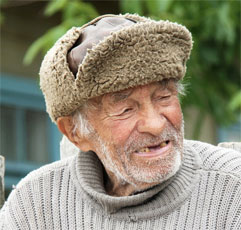 that is, except the Rebbe…
that is, except the Rebbe…
The Rebbe knew full well what was going on around the table. He flashed his heartwarming love-of-every-human smile in the beggar’s direction. “Berel’e,” said the Rebbe in Yiddish, “Your soup looks really appetizing. Do you think I could have a taste of it?”
The chassidim almost choked…
Berel’e, beaming with pride that the Rebbe wanted to partake of his plate, replied in his not-so-delicate manner, “For sure, Rebbe!” He got up and strutted to the head of the table, placing his bowl of soup with the crumbled matza in front of the Rebbe. The Rebbe dipped his soup spoon in Berele’s bowl, doled out a lump of soup-sogged matza crumbs, and put them in his mouth. Rolling his eyes in delight, the Rebbe said, “Berel’e, thanks so much! I never tasted such a heavenly delicacy in all my life!”
For sure, the Tolna Rebbe was tasting Heaven. By preserving the dignity of a poor Jew – even if it meant that he would get the hot seat in Gehinom (hell) for breaking a custom – he was in Heaven.


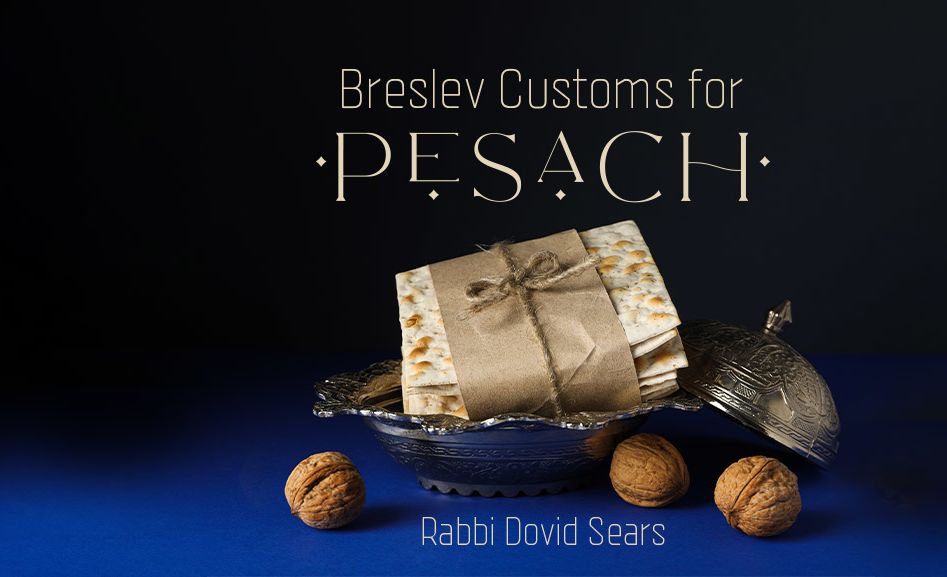
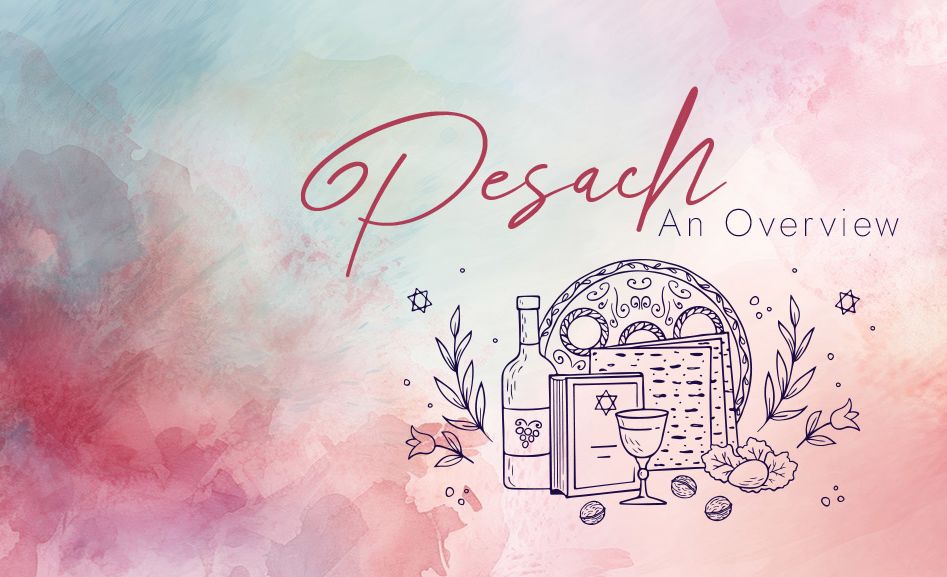
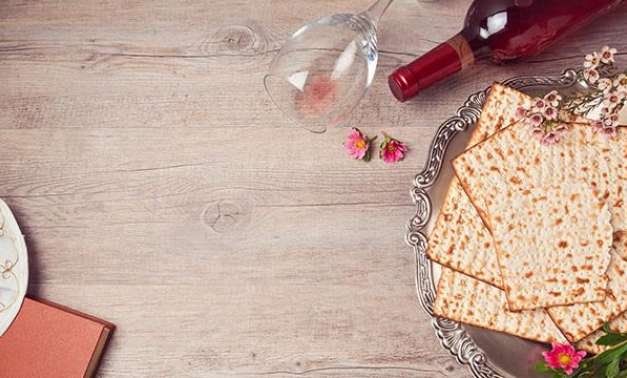

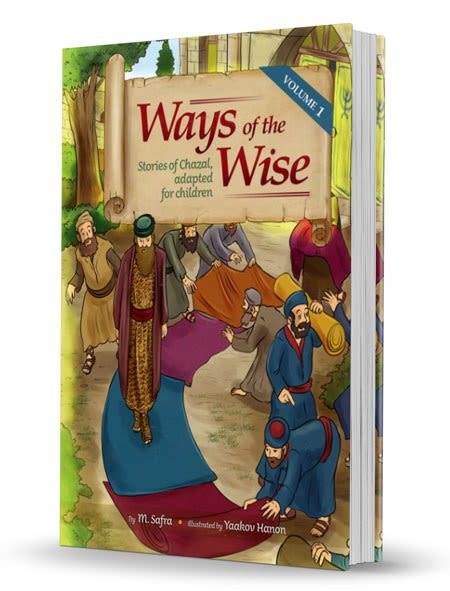

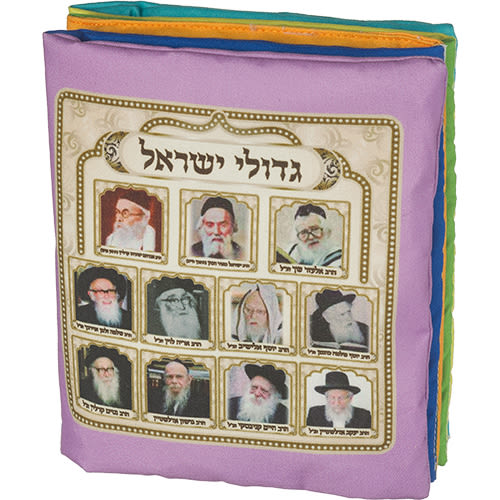

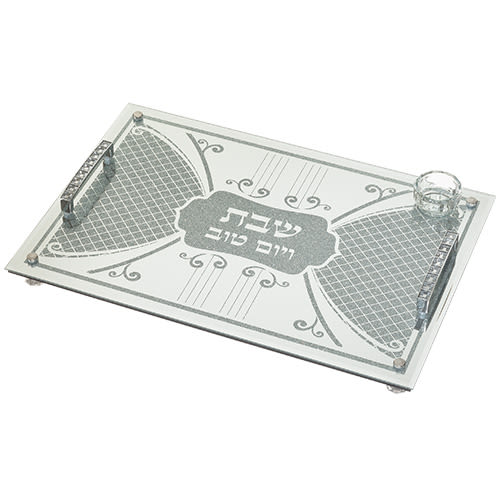
Tell us what you think!
Thank you for your comment!
It will be published after approval by the Editor.